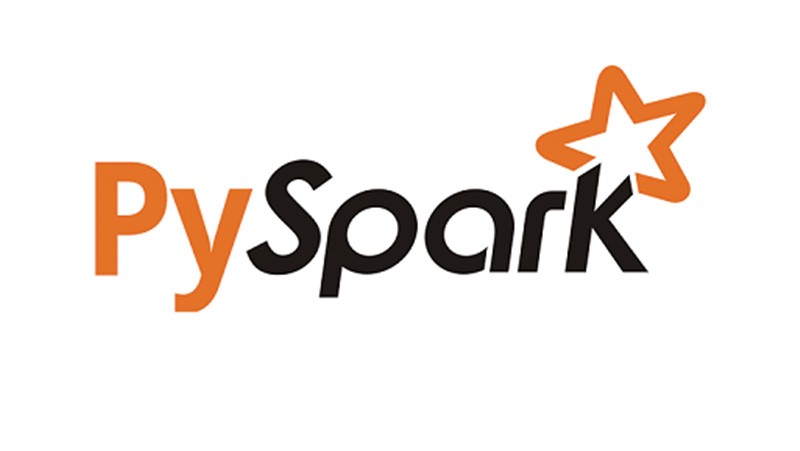Learn about how to use PySpark to perform data analysis, RFM analysis and Text mining
What you’ll learn
- The skills related to development, big data, and the Hadoop ecosystem and the knowledge of Hadoop and analytics concepts are the tangible skills that you can learn from these PySpark Tutorials.
- You will also learn how parallel programming and in-memory computation will be performed
- Learn Recency Frequency Monetary segmentation (RFM). RFM analysis is typically used to identify outstanding customer groups further we shall also look at K-means clustering. Next up in these PySpark tu
Requirements
- The pre-requisite of these PySpark Tutorials is not much except for that the person should be well familiar and should have a great hands-on experience in any of the languages such as Java, Python or Scala or their equivalent. The other pre-requisites include the development background and the sound and fundamental knowledge of big data concepts and ecosystem as Spark API is based on top of big data Hadoop only. Others include the knowledge of real-time streaming and how big data works along with a sound knowledge of analytics and the quality of prediction related to the machine learning model.
Description
This module in the PySpark tutorials section will help you learn about certain advanced concepts of PySpark. In the first section of these advanced tutorials, we will be performing a Recency Frequency Monetary segmentation (RFM). RFM analysis is typically used to identify outstanding customer groups further we shall also look at K-means clustering. Next up in these PySpark tutorials is learning Text Mining and using Monte Carlo Simulation from scratch.
Pyspark is a big data solution that is applicable for real-time streaming using Python programming language and provides a better and efficient way to do all kinds of calculations and computations. It is also probably the best solution in the market as it is interoperable i.e. Pyspark can easily be managed along with other technologies and other components of the entire pipeline. The earlier big data and Hadoop techniques included batch time processing techniques.
Pyspark is an open-source program where all the codebase is written in Python which is used to perform mainly all the data-intensive and machine learning operations. It has been widely used and has started to become popular in the industry and therefore Pyspark can be seen replacing other spark-based components such as the ones working with Java or Scala. One unique feature which comes along with Pyspark is the use of datasets and not data frames as the latter is not provided by Pyspark. Practitioners need more tools that are often more reliable and faster when it comes to streaming real-time data. The earlier tools such as Map-reduce made use of the map and the reduced concepts which included using the mappers, then shuffling or sorting, and then reducing them into a single entity. This MapReduce provided a way of parallel computation and calculation. The Pyspark makes use of in-memory techniques that don’t make use of the space storage being put into the hard disk. It provides a general purpose and a faster computation unit.
The career benefits of these PySpark Tutorials are many. Apache spark is among the newest technologies and possibly the best solution in the market available today when it comes to real-time programming and processing. There are still very few numbers of people who have a very sound knowledge of Apache spark and its essentials, thereby an increase in the demand for the resources is huge whereas the supply is very limited. If you are planning to make a career in this technology there can be no wiser decision than this. The only thing you need to keep in mind while making a transition in this technology is that it is more of a development role and therefore if you have a good coding practice and a mindset then these PySpark Tutorials are for you. We also have many certifications for apache spark which will enhance your resume.
Who this course is for:
- The target audience for these PySpark Tutorials includes ones such as the developers, analysts, software programmers, consultants, data engineers, data scientists , data analysts, software engineers, Big data programmers, Hadoop developers. Other audience includes ones such as students and entrepreneurs who are looking to create something of their own in the space of big data.




